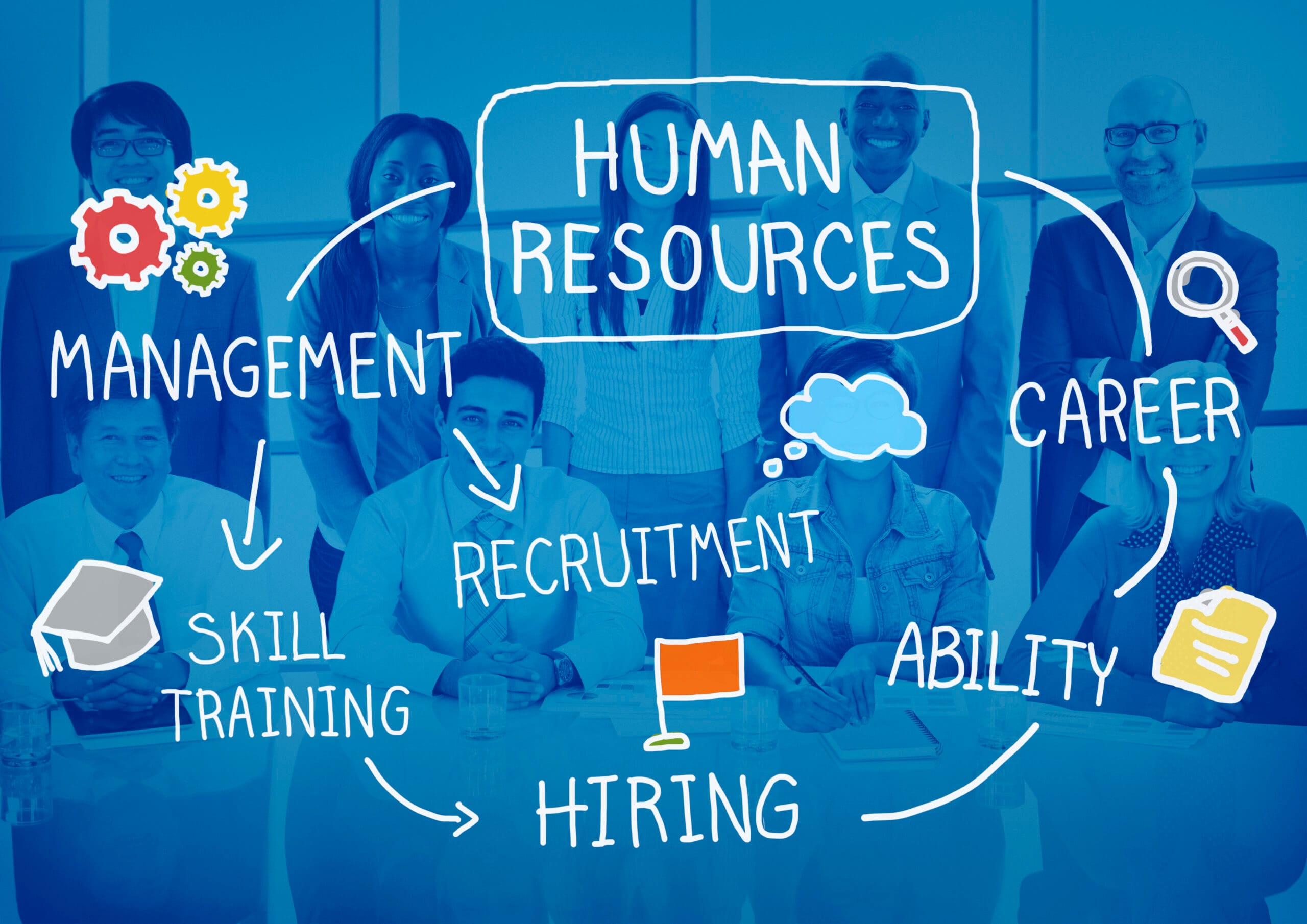Culture Architects
For many, the word HR still brings to mind policies, paperwork, and procedures. It’s often seen as the department that steps in only when something goes wrong, the enforcers of compliance, the messengers during layoffs, or the gatekeepers of processes that seem to slow things down. But in reality, HR is anything but thankless. It’s one of the few functions that touches every individual in an organization. HR is not just about managing people, it’s about understanding them, enabling them, and building a culture where they can thrive.
The Misunderstood Role
They’re the first to welcome new employees and often the ones to guide others through difficult transitions. They handle confidential conversations that most people never hear about, the moments when someone is struggling personally, feeling burned out, or navigating career uncertainty. Yet, those moments are where HR’s true impact lies.
From Administrators to Culture Builders
The HR of today has evolved far beyond attendance sheets and annual appraisals. Modern HR leaders are the architects of workplace culture; they design experiences that define how people feel about coming to work. From fostering diversity and inclusion to creating spaces for learning, collaboration, and wellbeing, HR is shaping the DNA of organizations. Every engagement initiative, feedback session, and leadership development plan is a step toward building a workplace where people don’t just work, they belong.
The Growing Focus on People and Purpose
As the world of work evolves, with hybrid models, AI automation, and shifting employee expectations, HR’s role has never been more critical. The focus is moving from managing resources to nurturing relationships. People-first companies are realizing that culture isn’t built in the boardroom; it’s built through every conversation, every recognition, every policy that reflects care and fairness. HR is at the core of that transformation, translating organizational purpose into everyday actions that employees can feel.
A Field That Deserves More Focus
It’s time organizations view HR not as a support function but as a strategic partner in growth. Investing in HR means investing in your people, and that’s where every sustainable success story begins. When HR is empowered to lead with empathy, data, and innovation, it doesn’t just improve employee engagement, it shapes the company’s identity. It influences how people collaborate, innovate, and stay connected to a shared vision.
In the End, It’s All About People
The truth is, HR may not always get the applause it deserves. The wins are often invisible, a resolved conflict, a motivated employee, a team that starts communicating better. But those small wins create the foundation for a thriving organization. HR isn’t thankless. It’s selfless. It’s about putting people first, even when no one is watching. And in a world where businesses are finally realizing that culture is their biggest competitive advantage, HR stands right at the heart of that realization quietly, consistently, and powerfully shaping the future of work.




